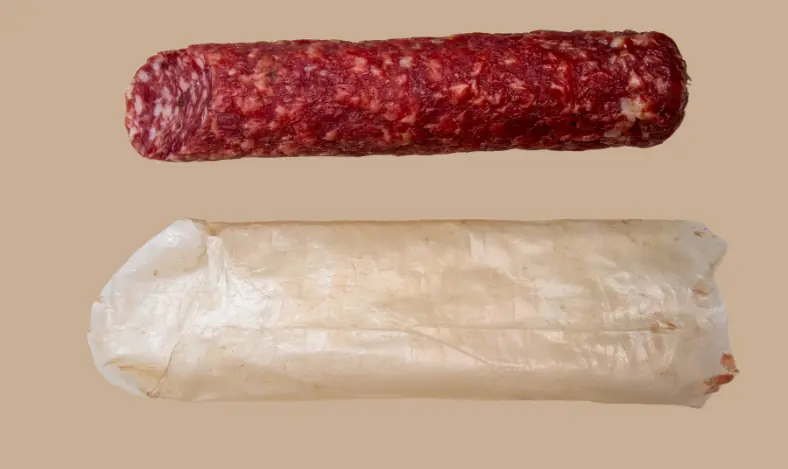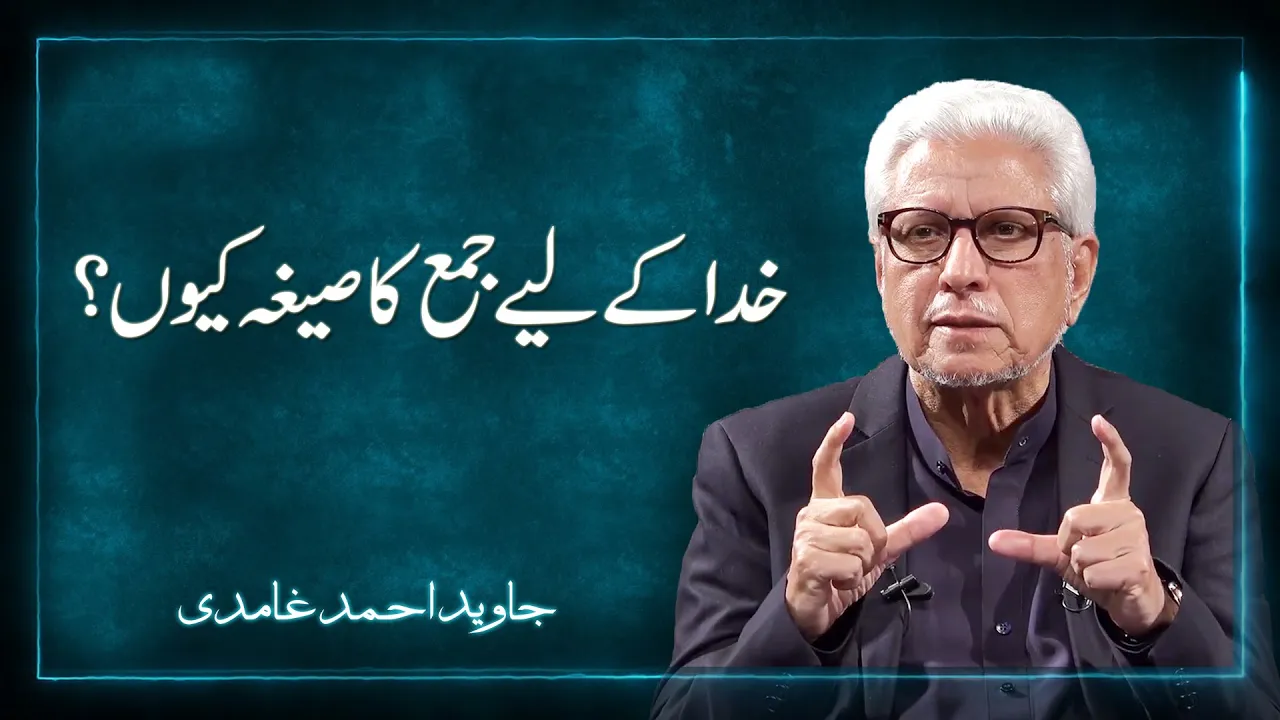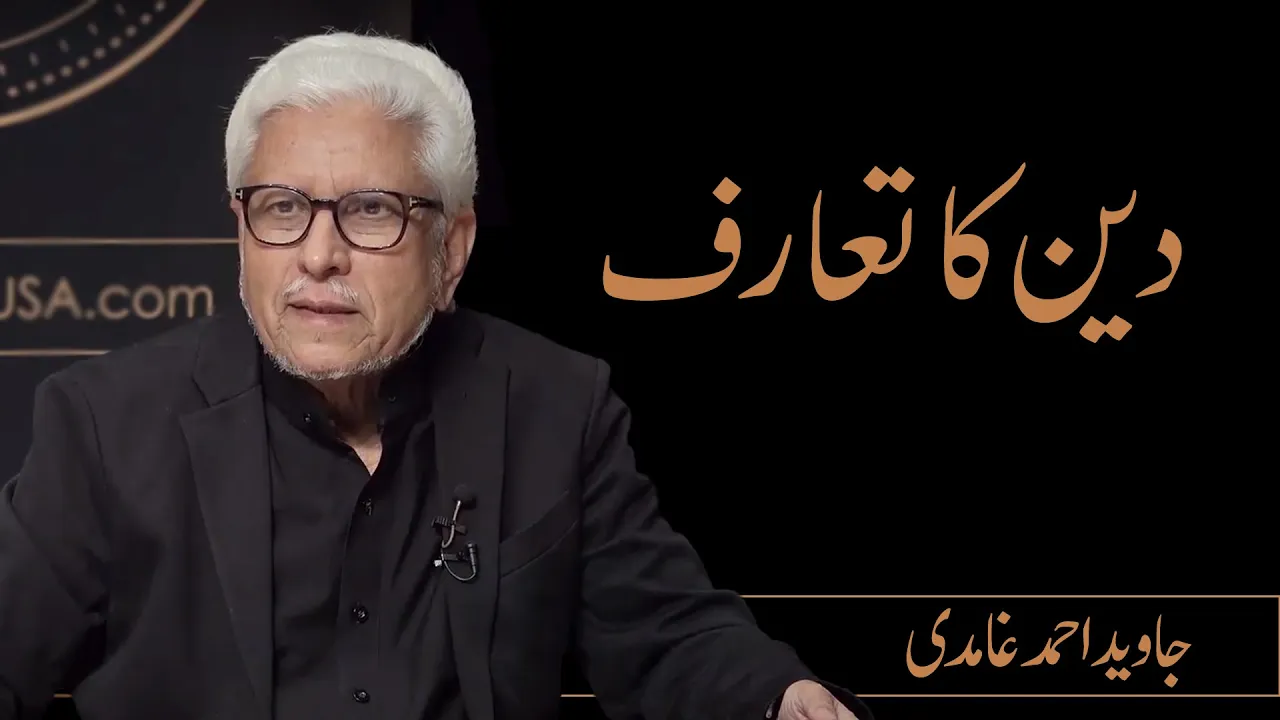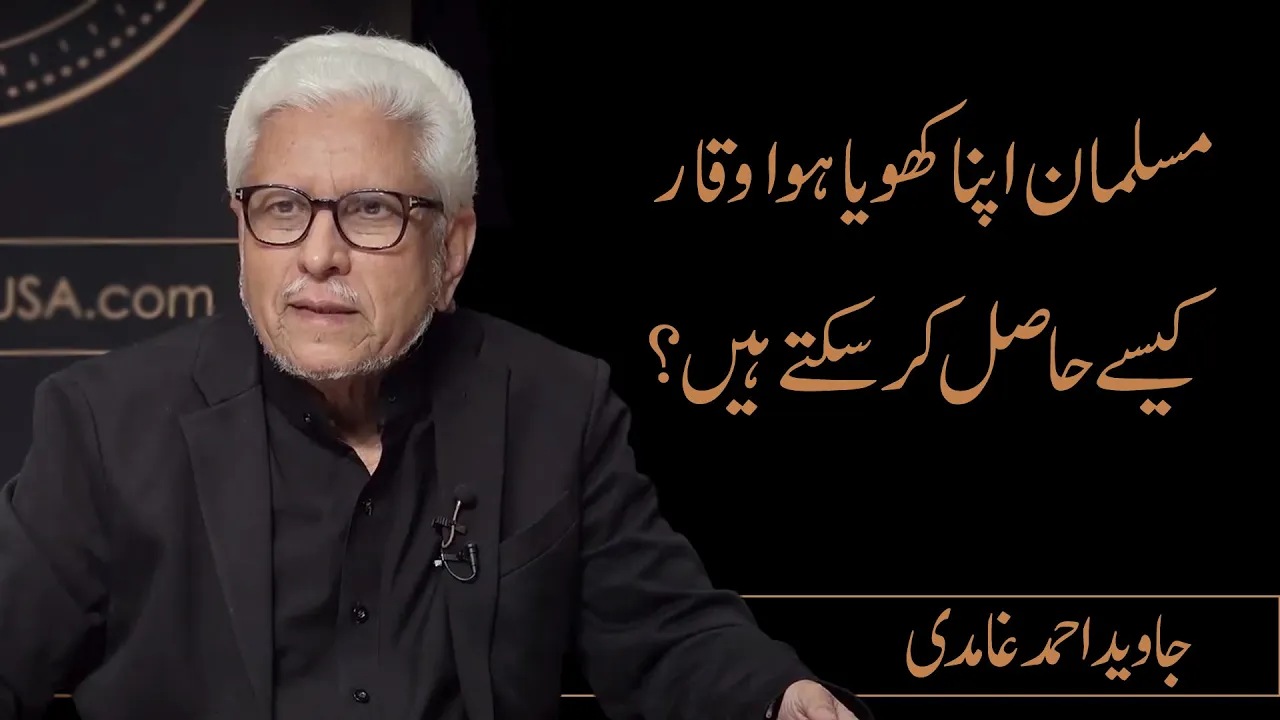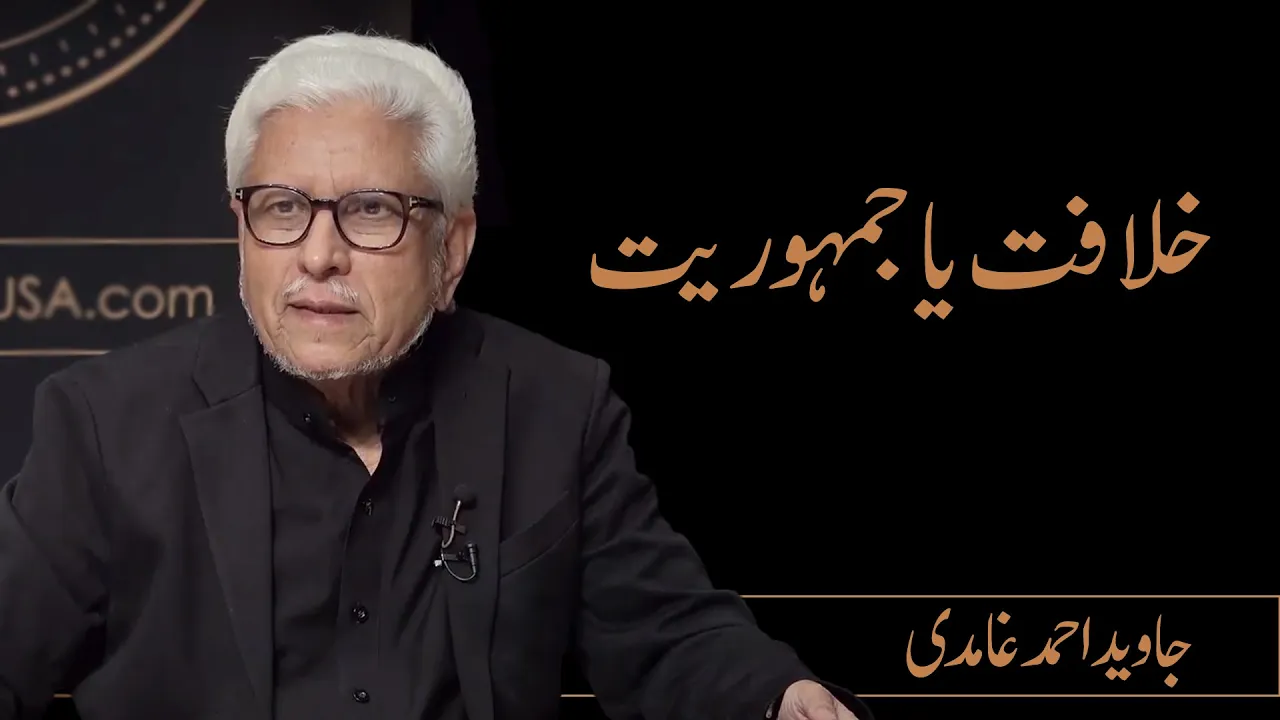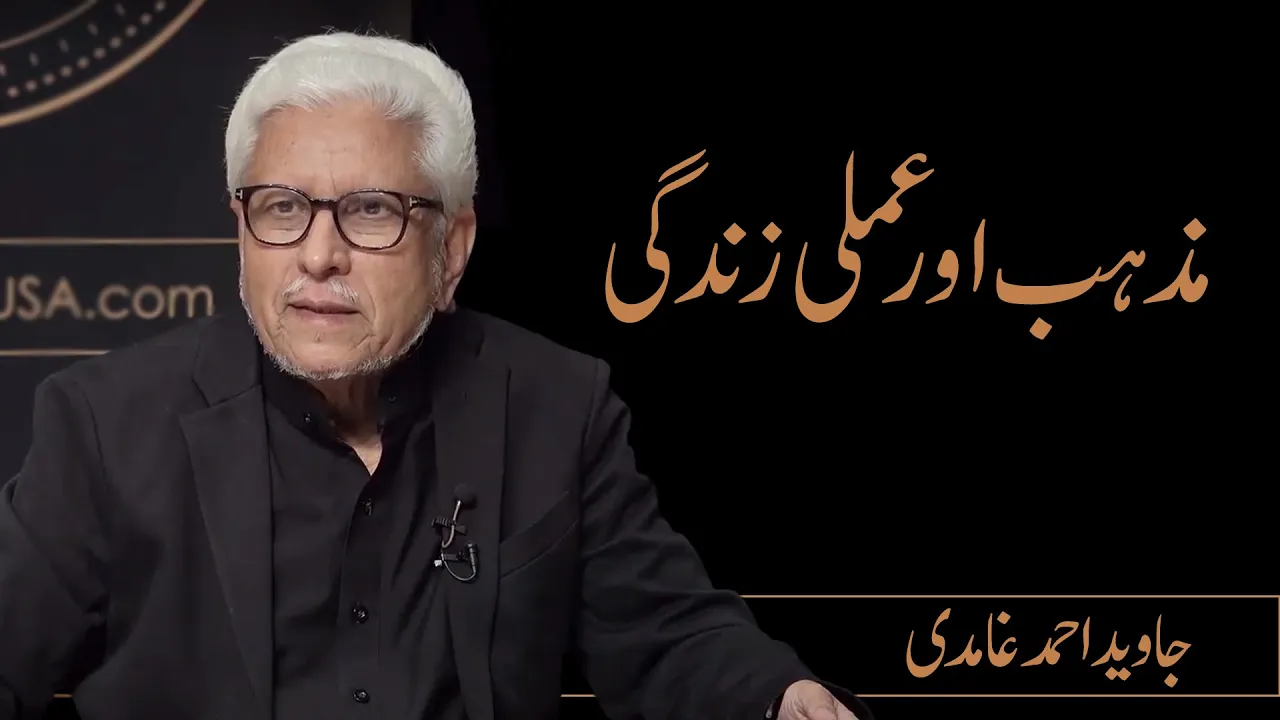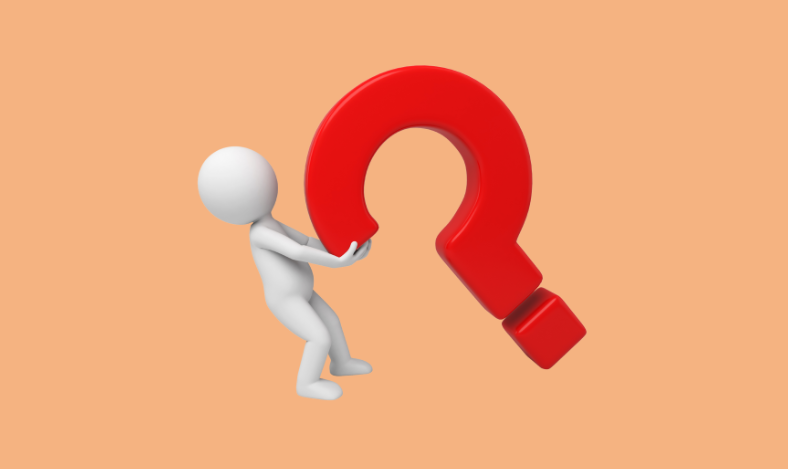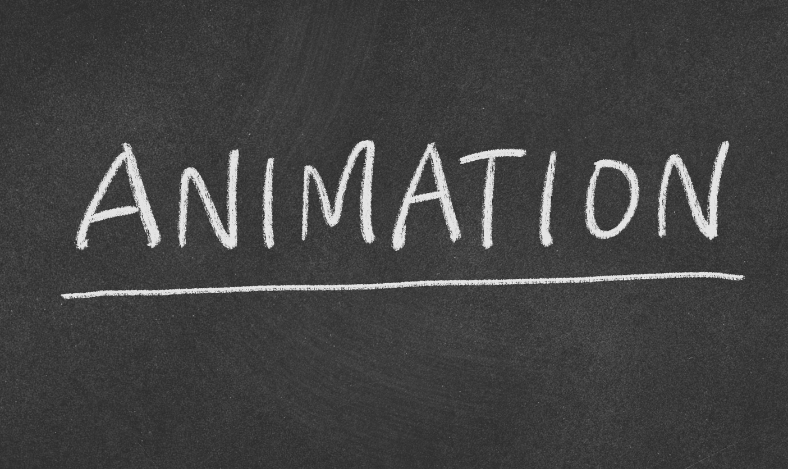Question
My question is about eligibility of Zakat at old age when there is no source of income for retired person. For example my uncle has given Zakat his whole life regularly and completely. Now he is 75. He sold his spare home and then submitted the money in Islamic bank finance scheme fixed deposit account, from where he gets monthly interest. This helps him to run his daily expenses. He does not have any pension and no other adequate resources of income. He has his own home as his only property. Certainly, he is now fairly elderly and struggles in managing his needs, with the income from the bank being his only help. He has two dependants as well. The confusion is because he still has an amount fixed in his bank account but this is for purpose of monthly income as he can’t have any other source. If he pays Zakat from the profit he gets from bank then he shall struggle a lot to pay all his monthly expenses. My question is that does he still have to give Zakat. And if he has to then how will it be calculated. If you have any references from Quran or Hadith please do let me know.
Answer
I will not comment about the interest based income of your uncle.
As for Zakah, the way you describe it I think your uncle does not really look at this money as wealth rather he looks at it as an investment and is using it all in a very good way as well. He is in fact investing his money in the projects that the bank is engaged in. If your uncle sees this as an investment then he does not need to pay the zakah of wealth for it (we do not consider the invested money to be subjected to zakah). He however needs to pay 10% zakah on the income from this investment.
There are now a few points:
– Your uncle does not receive the direct income of this investment. He only receives interest (and again I do not comment on this). He may consider the amount of interest to be an indication of the amount of income he gets from this investment. In other words he may assume that the amount of money for which he needs to pay zakah of income is the same as the interest he receives. Therefore he will need to pay 10% of the interest whenever he receives it.
– Assuming that the above amount is the total income of your uncle, to be subjected to zakah it needs to be above the minimum zakatable amount of money (nisab). What is the minimum income that is taxed in your country? If the amount mentioned above is less than this minimum income than your uncle is exempted from zakah of this income.
– Is your uncle paying tax to the state? If yes then that tax should be considered as part of the zakah that your uncle is paying. Only the outstanding amount (if any) needs to be paid after the tax.
– Considering all the above, if your uncle cannot pay the zakah of his income, then what he needs to do is to pay whatever amount that he can and to take note of what he cannot pay. This remains as his debt. If he later can pay off his debt then he should do it. If not, it is advisable to include a note of this debt in his will so his heirs pay his debt from what he leaves behind or (if willing to) pay it on his behalf.
Answered by: Farhad Shafti
Date: 2014-11-13

